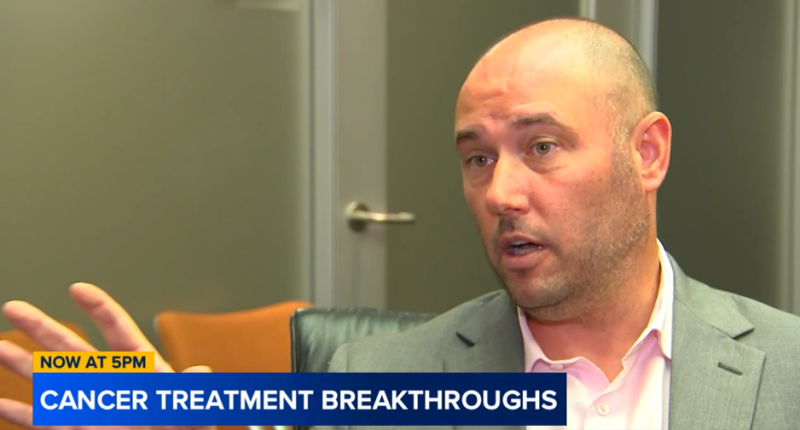
Pam Kohl remembers being told of her stage four metastatic breast cancer diagnosis.
"(I) was told that I had maybe two to three years to live and celebrated in January seven years," said Kohl.
The disease, which has spread to her hips and rib area, and has caused two vertebrae fractures, is still a constant presence in her life.
"I'm in treatment, (and) will be in treatment forever," said Kohl.
However, Kohl's outlook has changed drastically.
"There's a lot of reasons to be optimistic even in the face of a terminal diagnosis," said Kohl.
"No longer are we talking about these brain and spine metastases as being essentially dire in nature. We're actually starting to talk about legitimate cure rates in patients that have developed late stage cancer like this," added Dr. Peter Fecci, who serves as Director of the Duke Brain and Spine Metastasis Center.
Fecci noted there are few centers specifically designated towards brain and spine metastasis.
"Incentives towards health care systems to build multidisciplinary care teams, which can be done financially and also towards multidisciplinary research, collaborative research, those types of foci would be really important. When you think about the research realm, there are not a lot of dollars necessarily allocated towards research on brain and spine metastases per se. The simple fact is that researchers do tend to go where the money becomes available, so having more money available means that more people will focus on those areas," said Fecci.
Watch more of this story in this news clip.